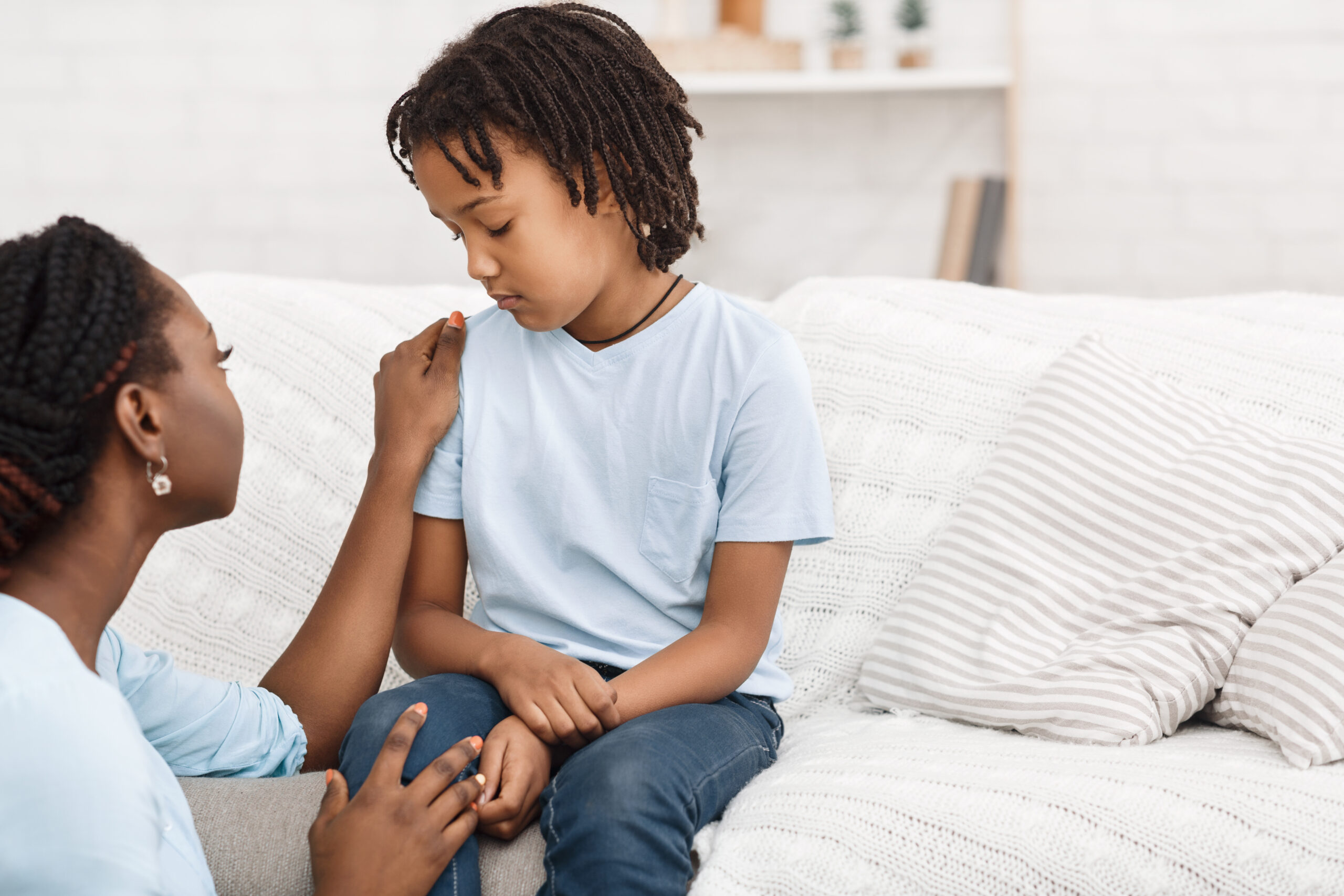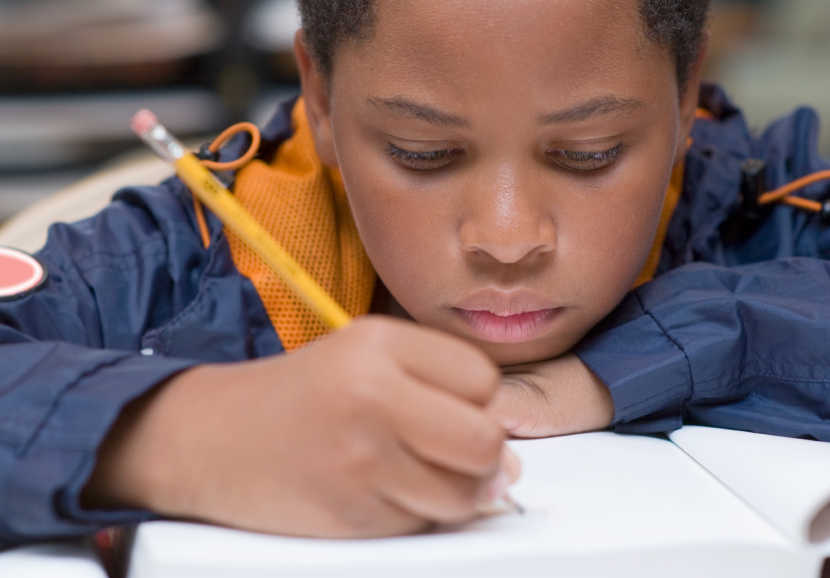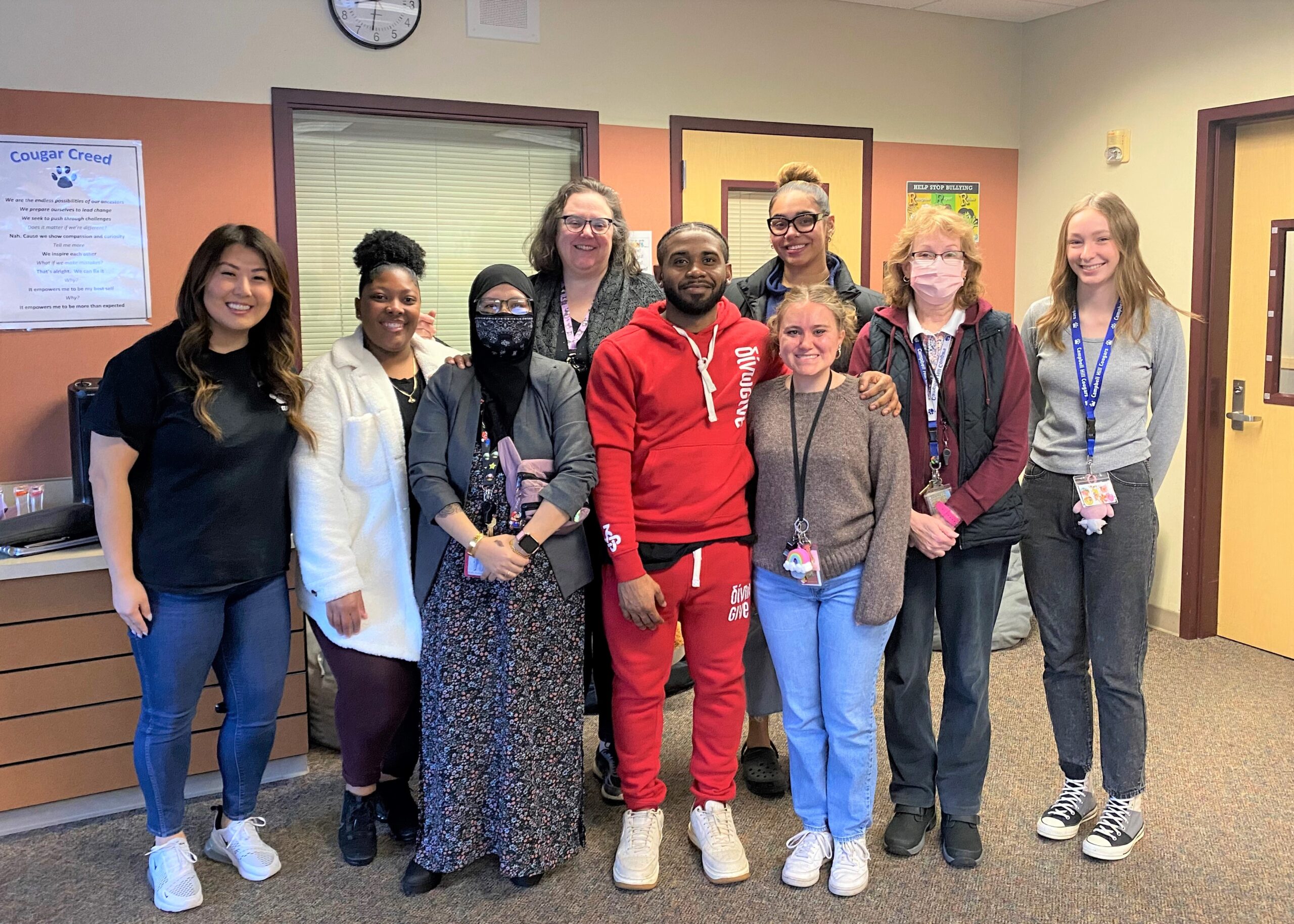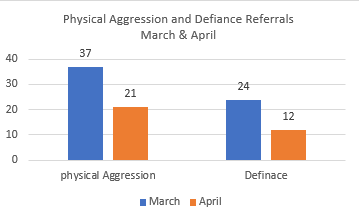-

Relationship Tools You Can Use to Repair Mistakes and Maintain Connection with Your Child
Conflict is an inevitable part of life, and we often are not taught how to repair harm once it occurs, especially not with our children. It is vital for parents and caregivers to remain in healthy connection with their child after conflict occurs, and to model what an effective repair conversation looks like. This not…
-
Self-regulation and Co-regulation are the Keys to More Peace and Fewer Power Struggles
Imagine you are on your way out the door and your 5-year-old is crying on the floor, your 8-year-old is yelling at them to stop crying, and you’re trying to talk over both of them to get them into the car. If this sounds familiar, keep reading! Almost every parent has experienced some rendition of…
-
Self-Regulation for Educators, Co-Regulation for Students
The negative impact that COVID-19 had on our nervous systems, both as educators and students, is palpable. National data such as this report from the National Center for Education Statistics and lived experiences of educators show the pandemic has negatively impacted student behavior and social-emotional development, and teacher burnout and turnover is at an all-time…
-
How Parents & Caregivers can move on from “What’s Wrong with Me?”
Our early experiences shape us in profound ways. If those experiences were persistently stressful or traumatic in your early life, you may suffer from the results of adversity, just like millions of other parents and caregivers. Dr. Bruce Perry and Oprah Winfrey teamed up on a new book titled What Happened To You? that illuminates…
-
How to Help Kids Rebuild Their Stamina for the New School Year
Masked up, many children have headed back to in-person learning. Though the academic load has not yet become heavy, the time in isolation has taken its toll in many ways. Just like an athlete returning to training after post-injury recuperation, our kids need to slowly build back the stamina they once had. We can help…
-
Harnessing Hope (For Parents)
Hope is the belief in a positive future. It is an optimistic, exciting sense of what is possible. In this time of global health crisis, economic uncertainty, racial reckoning, and physical disconnection from other human beings, the day to day challenges of doing everything differently make it difficult to hold onto hope. Yet hope is…
-

Teaching and Modeling Self-Regulation Skills in the Classroom
Children are entering school with less developed self-regulation skills than in decades past. More children have experienced trauma, are emotionally fragile, and may be unable to control their emotional responses and act out in physical ways when they are upset. The good news is that through recent brain science research, we understand the physiology of…
-
The best gifts we can give our kids…self-regulation skills
Self-regulation is the ability to recognize, manage and modulate one’s own emotions, emotional reactions and behaviors. These skills may be the most important tools that your child learns, with many recent studies determining that a child’s emotional intelligence, or “EQ”, is more important than their “IQ” for future success and happiness. Brain science has revealed…


